It appears that Russian influence has been steadily spreading across Europe, stretching from the eastern regions of the continent to its central and western borders. Moscow's reach isn't confined solely to nations within its sphere of influence; it also affects broader European foreign policy and the trajectory of the bloc's future.
To Bratislava and Beyond
Early April, pro-Russia candidate has won presidential election in Slovakia, reinforcing Prime Minister’s Robert Fico grip on power and pulling the country more and more toward the Russian magnet. While previously walking back some of his campaign rhetoric, there is a possibility that he may opt to align with the European mainstream on foreign policy. Unlike Hungarian Prime Minister Viktor Orbán, Fico has shown less zeal in attempting to reshape European and global politics to his own vision. However, the likelihood of Fico adopting a pragmatic approach remains slim, especially considering the influence of the newly elected president’s nationalist-left coalition, which could prevent him from backing away from radical changes.
During the election campaign, voter attention was primarily focused on domestic issues such as energy prices, inflation, mortgage rates, and employment. However, foreign policy also played a significant role, either as a contributing factor to domestic challenges or as a potential resolution. On one end of the spectrum are Slovakia’s Progressive Party and various smaller parties, who view Russia’s aggression toward Ukraine as a flagrant violation of international law. They express concerns that a potential collapse of Ukraine would plunge Slovakia into a significantly unstable, and insecure global landscape, posing threats to its economic well-being.
On the other side, nationalist factions including members of Fico’s Smer party promote the narrative that Ukraine’s conflict does not directly concern Slovakia. They argue that an immediate cessation of hostilities would save lives, strengthen economies, and alleviate inflationary pressures. Additionally, they assert that Western nations bear responsibility for the crisis, accusing them of neglecting Russia’s security concerns and perpetually provoking Moscow. Notably, Fico’s coalition has already suspended Slovakian arms shipments to Ukraine, with Fico expressing concerns about perceived Western intervention in the conflict, which he believes exacerbates tensions between Slavic nations.
The decision by Slovaks to elect the pro-Russian camp appears to have been influenced not only by their desire to address domestic concerns but also by a tendency to negate Russian Guilt. Polls conducted in 2023 reveal that only 40% of Slovaks predominantly attribute responsibility for the conflict in Ukraine to Russia, while 34% point at the West for provoking Moscow. Another 17% place blame on Ukraine for allegedly suppressing the Russian-speaking population.
Georgia, is another country in which Russian influence is on the rise. While Georgia’s constitution codifies EU and NATO membership as national priorities, the Ruling Dream party does not seem to endorse the same premise. The party has recently reintroduced a law mandating that organizations receiving over 20% of their funding from abroad register as agents of foreign influence. Being designated as a foreign agent would grant the government authority to scrutinize all documents held by these organizations and monitor their activities closely.
Since mid-April, Georgians have been staging protests urging the government to abandon the law known as the “Foreign Influence Bill”, which the EU has cautioned would jeopardize Tbilisi’s European aspirations. Protesters believe that the new law is simply a directive from Russia, especially that it bears striking resemblance to legislation already in place in Russia: “We think that this was a directive from Russia, to initiate this law. Well, the leader of our ruling party is an oligarch, who became rich in Russia and then came to Georgia as a politician so he is basically Putin’s puppet”, said Mariam Gogua, a Georgian protestor.
Soon after the vote on the controversial law, the EU said in a statement: “This is a very concerning development and the final adoption of this legislation would negatively impact Georgia’s progress on its EU path. This law is not in line with EU core norms and values.” No surprise, Slovakia’s Fico is moving ahead with a similar law under which, NGOs that receive more than 5,000 euros a year in foreign funding must be registered as “organizations with foreign support” and list their donors.
What happens in Slovakia and Georgia does not stay in Slovakia and Georgia. Bratislava as an EU member with Russian leanings might prove more difficult for the EU to forge unified foreign policy positions on Ukraine and Russia which means that Hungarian President Viktor Orban might not be an outlier anymore. Calls from Central Europe to reduce support for Ukraine, pursue negotiations for a resolution to the conflict, and explore ways for re-engagement with Russia are expected to grow louder.
Furthermore, providing ammunition and military aid to Ukraine, as well as discussions regarding its accession process, will become considerably more challenging. With decisions in the European Parliament requiring unanimity, any member country can veto proposals. While Orban was previously seen as the main nonconformist voice, other troublemakers may emerge, making consensus-building more complex. Anyways, Olaf Scholz might need more than one cup of coffee to help pass European decisions. While still not a member of the European Union, Georgia’s leanings toward Russia is also worrisome for European leaders. Among many other concerns, Tbilisi’s leaning toward Moscow helps in keeping embattled Russia with transit to Turkey and Armenia. Additionally, it adds to the complexity of EU’s neighborhood and brings Moscow’s influence nearer to European capitals.
Russian Enlargement Ticket
It’s no surprise that Russian influence is already impacting the EU’s enlargement policies. Since 2004, European newcomers have always been pushed by Russian pressure. During the 2004 enlargement, known as the “big bang,” three candidates (Estonia, Latvia, Lithuania) had previously been part of the Soviet Union, while four (The Czech Republic, Hungary, Poland, Slovakia) had been under its control. Slovenia, formerly part of Yugoslavia, abandoned its communist past to join the EU as well. Bulgaria and Romania, two other countries formerly within the Soviet sphere, joined the EU in 2007. Croatia, another former Yugoslav state, became the latest addition to the EU in 2013.
Considering current candidates, Montenegro, North Macedonia, and Serbia were once part of the Federal Republic of Yugoslavia. Albania, another candidate, was a staunchly communist country. Bosnia and Herzegovina, the last of former Yugoslavia, is also a candidate, although the start of its negotiation process is still under debate. Kosovo, although not recognized by five EU members, is considered a viable candidate and is closely engaged to resolve unsettled issues with Serbia.
Ukraine and Georgia have been invaded and Moldova is unofficially partitioned by Russia. Reflecting on the EU’s recent enlargements, it becomes evident that many, if not all, of the countries admitted to the EU have ties to Russia, or were formerly communist states shaped by Soviet influence. This pattern suggests that being threatened by Russia is a ticket to join the EU.
However, European policy of containment, particularly regarding countries perceived to be within Russia’s sphere of influence, has been criticized for its inadequacy in numerous instances. This critique was particularly evident during the fifth enlargement, when the accession of Bulgaria and Romania was viewed as a reward for their role in Kosovo. Consequently, there might be tendency for the European bloc to reassess and potentially adapt its enlargement policies.
The EU might adopt a hardline approach while negotiating with candidates who are deemed to be under Russian influence such as Georgia and Moldova and of course, Ukraine. Anyways, this would be the wisest for Europeans to do in order to avoid pitfalls of the past and future headache of having more than one Orban-like among them. However, bad ideas sometimes make their own way to the European commission, actually this is a very common practice, which means that the EU might continue with its old practice.
The EU is facing mounting influence from the Russian side. While seemingly the French President Immanuel Macron is the only one panicking enough about it, other European leaders should do the same as well. Moscow’s reach now extends beyond Eastern Europe and former Soviet states, penetrating into Western and Central Europe. Allegations have surfaced linking far-right party leaders in France and Germany, traditionally seen as pillars of the EU, to Russia. This suggests that the scope of potential Russian influence stretches far beyond countries such as Slovakia, Hungary, and even Georgia.
References
Ahmatović, Šejla. “Far-Right AFD Reels as German Lawmakers Slam Party over Espionage and Corruption Allegations.” POLITICO, April 26, 2024. https://www.politico.eu/article/germany-afd-party-russia-china-spy-claims-bundestag/
Foundation, Carnegie Europe. “Forging a Credible Enlargement Policy.” ENGAGE, February 14, 2024. https://www.engage-eu.eu/publications/forgingacredibleenlargementpolicy
Gavin, Gabriel, and Dato Parulava. “Georgia Not Ready for EU, Says Ruling Party.” POLITICO, April 20, 2024. https://www.politico.eu/article/georgia-not-ready-eu-membership-georgian-dream-irakli-garibashvili-russian-law-agent-bill-protest-tbilisi/
Keaten, Jamey, Matthew Lee, and Vanessa Gera. “Cracks in Western Wall of Support for Ukraine Emerge as Eastern Europe and US Head toward Elections.” AP News, September 23, 2023. https://apnews.com/article/ukraine-poland-us-slovakia-hungary-russia-2870e5e7652ea673c9d8fb352d123471
KUDZKO, ALENA. “The Slovak Election and Its Ramifications for European Foreign Policy.” Carnegie Europe, 2023. https://carnegieeurope.eu/strategiceurope/90555
Light, Felix. “Georgia Presses on with ‘foreign Agents’ Bill Opposed by EU | Reuters.” Reuters, 2024. https://www.reuters.com/world/europe/georgias-parliament-approves-law-foreign-agents-first-reading-2024-04-17/
Malingre, Virginie. “Olaf Scholz’s Successful Coffee Break Strategy with Viktor Orban.” Le Monde.fr, December 20, 2023. https://www.lemonde.fr/en/international/article/2023/12/20/olaf-scholz-s-successful-coffee-break-strategy-with-viktor-orban_6359543_4.html
Press, Associated. “Slovakia’s New Government Led by Populist Robert Fico Wins a Mandatory Confidence Vote.” AP News, November 2023. https://apnews.com/article/slovakia-fico-new-government-0e36d0bac400f6bfca529bd10f5b81cd
Stoklasa, Radovan, and Jan Lopatka. “Pellegrini Wins Slovak Presidential Election in Boost for Pro-Russian Pm FICO | Reuters.” Reuters, 2024. https://www.reuters.com/world/europe/government-backed-pellegrini-takes-lead-slovak-presidential-election-2024-04-06/
Viatteau, Michel. “EU Members’ ‘right of Veto’ Still Intact.” European Newsroom, December 2023. https://europeannewsroom.com/eu-members-right-of-veto-still-intact/
Wires, News. “Thousands of Georgians Stage ‘march for Europe’ against Controversial ‘Foreign Influence’ Bill.” France 24, April 28, 2024. https://www.france24.com/en/europe/20240428-georgians-march-for-europe-protest-controversial-foreign-influence-bill
Yenel, Selim. “The Russian Effect on EU Enlargement.” Yetkin Report, November 10, 2023. https://yetkinreport.com/en/2023/11/10/the-russian-effect-on-eu-enlargement/
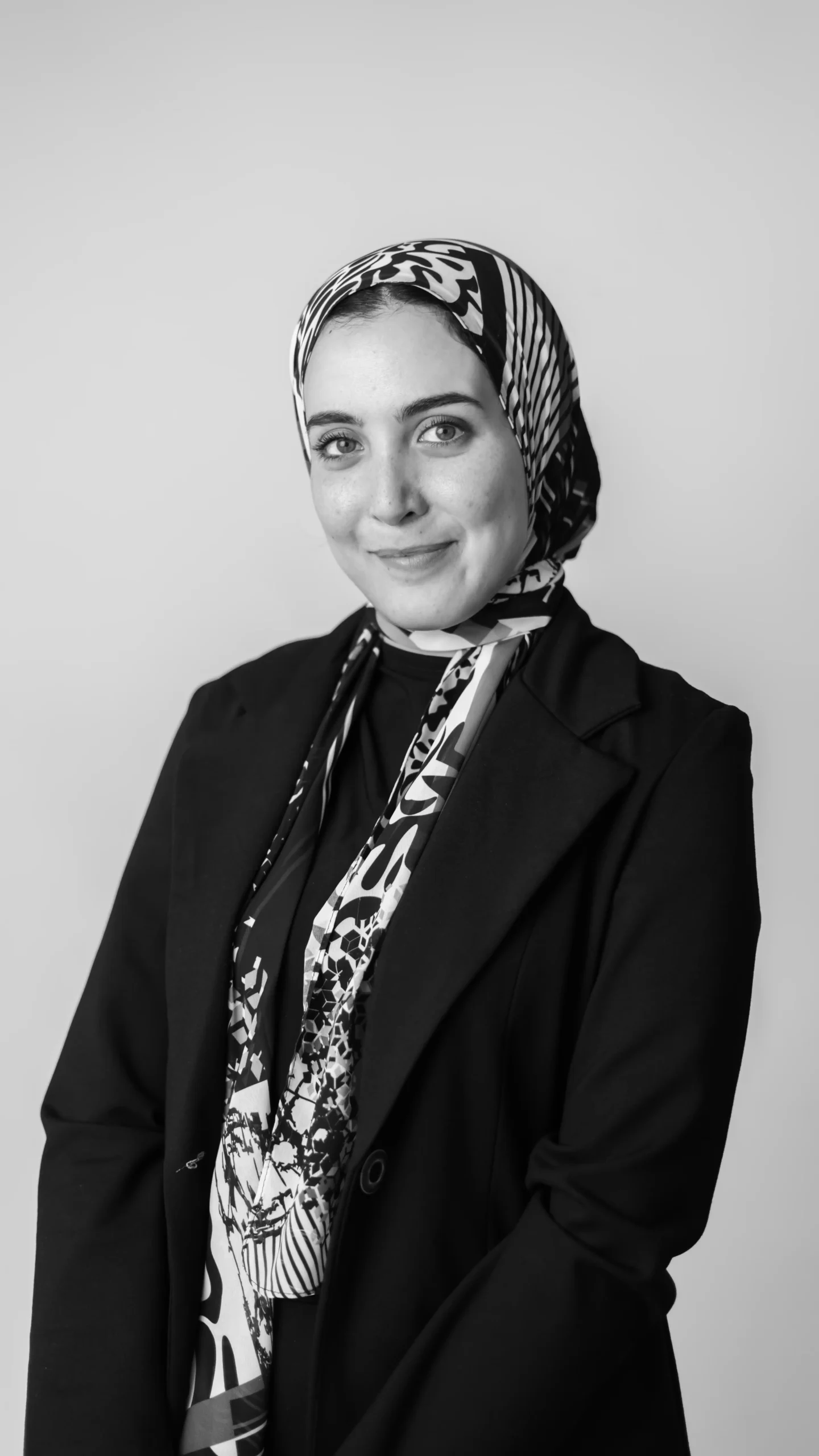
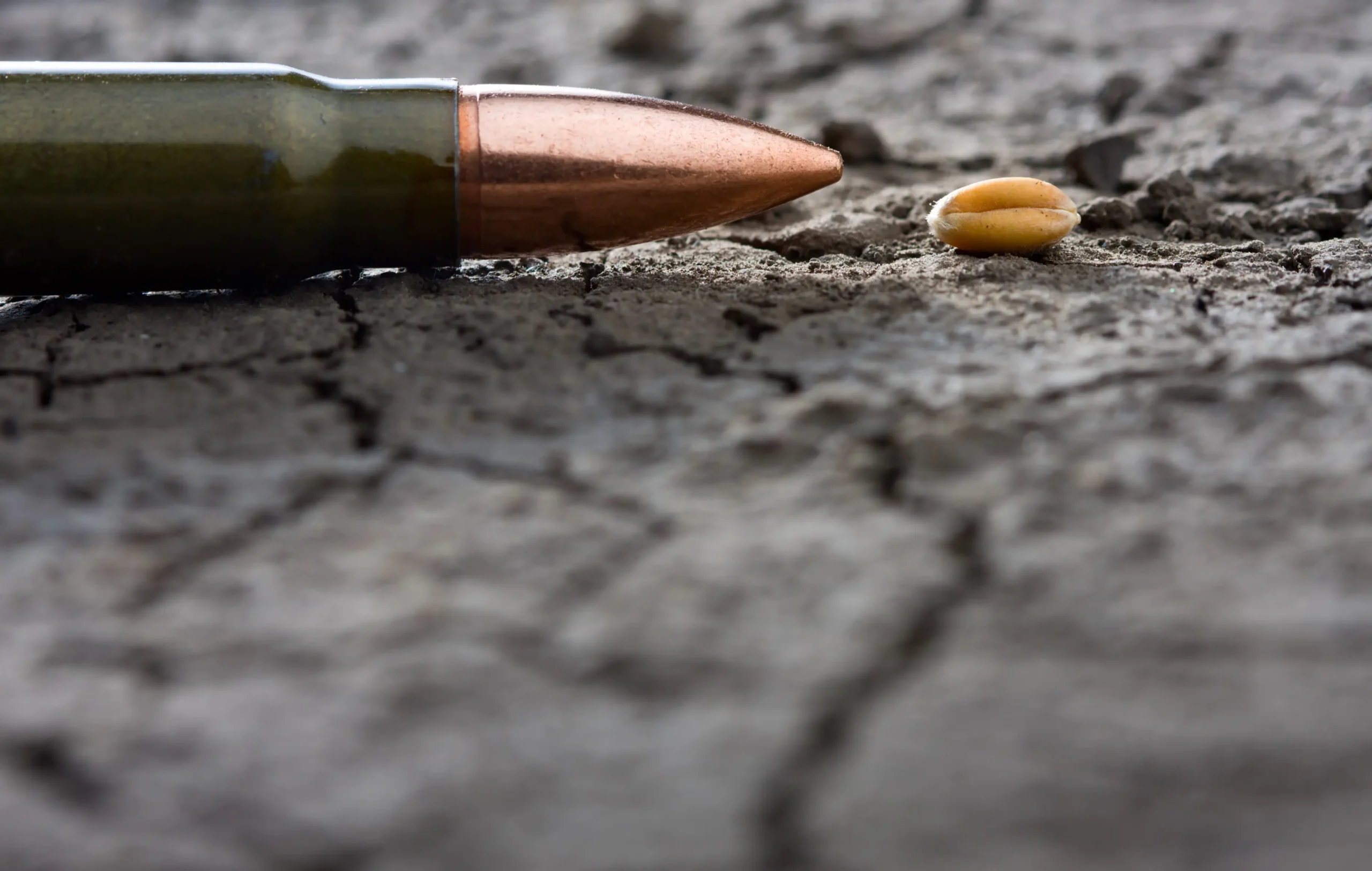

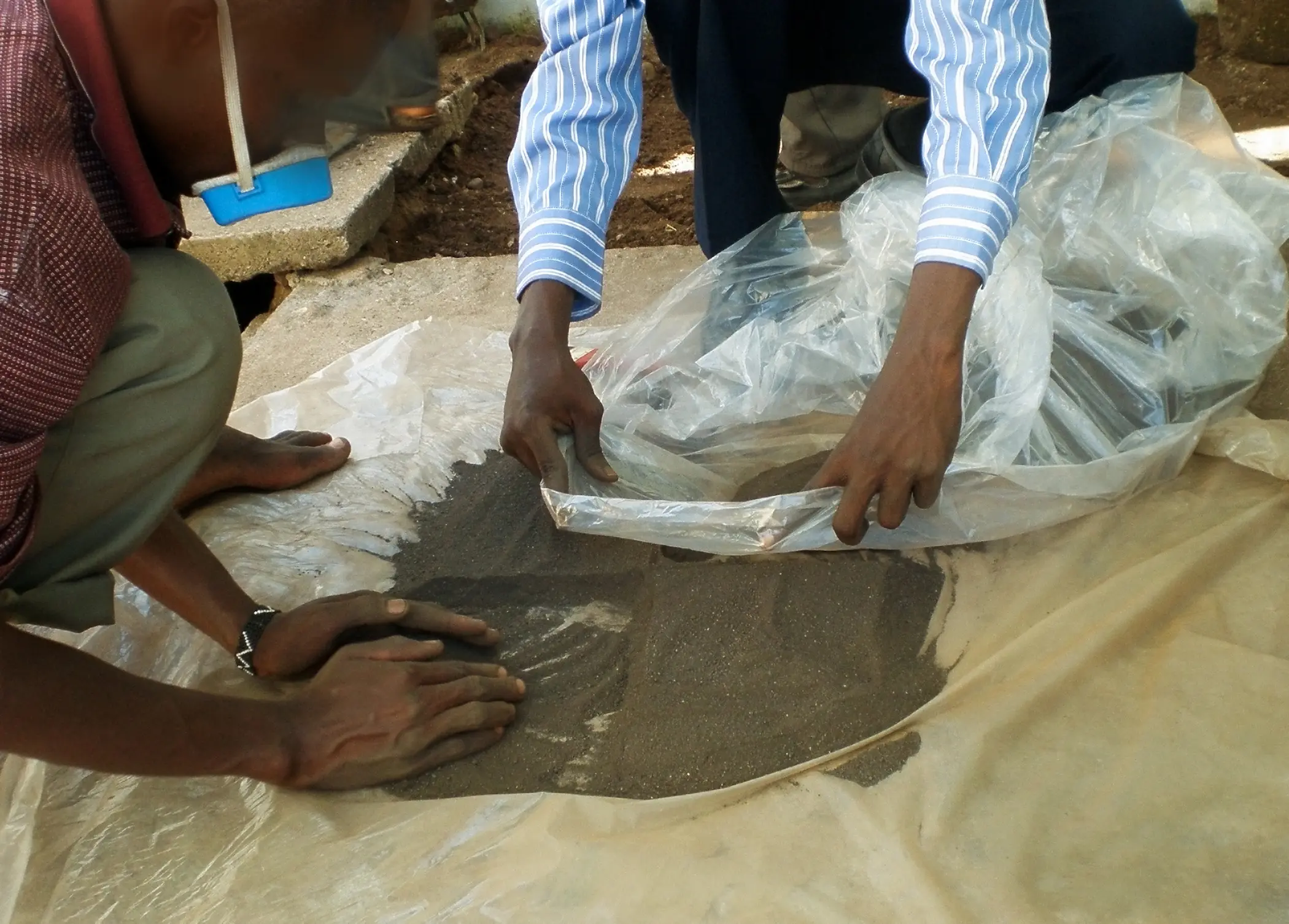

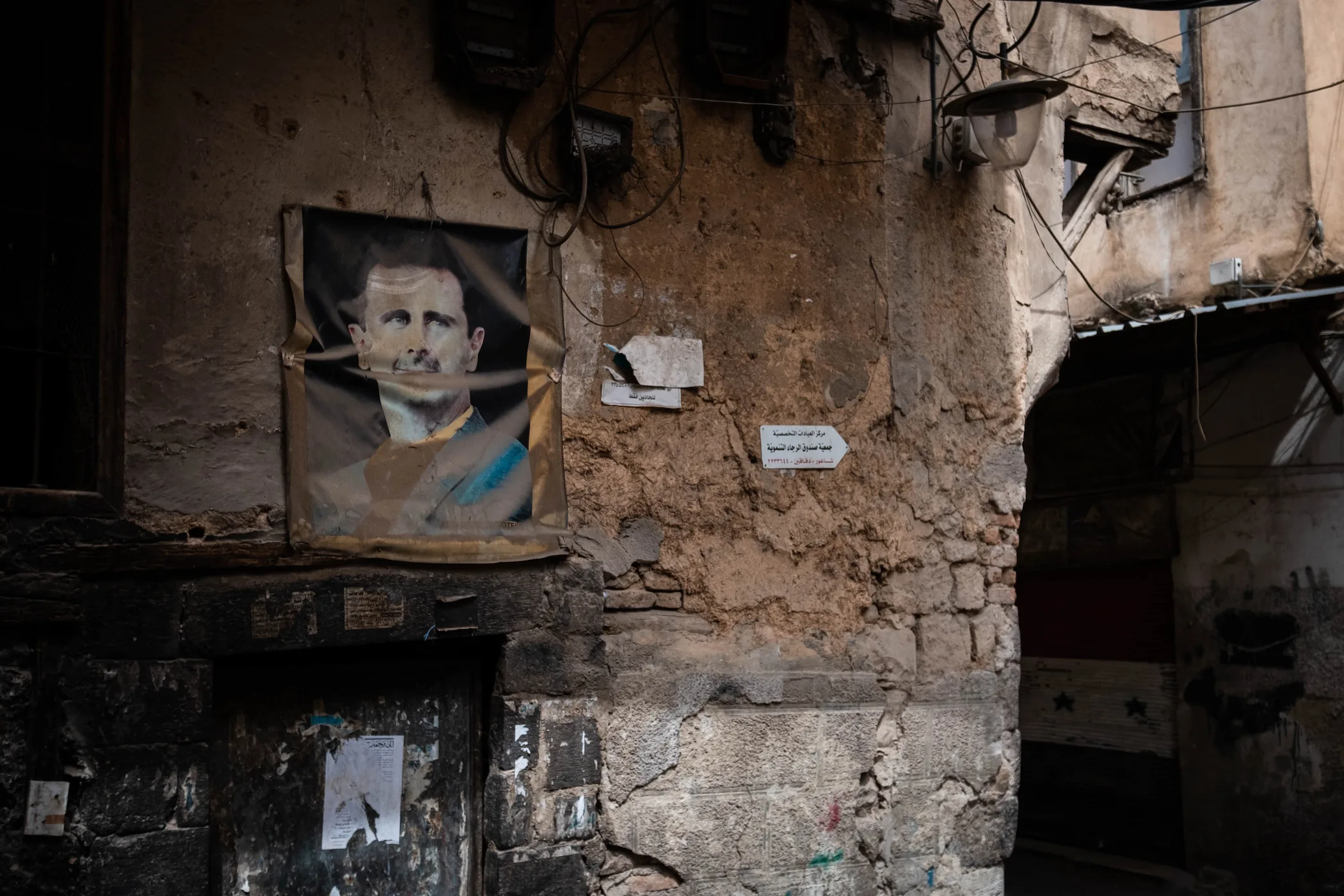




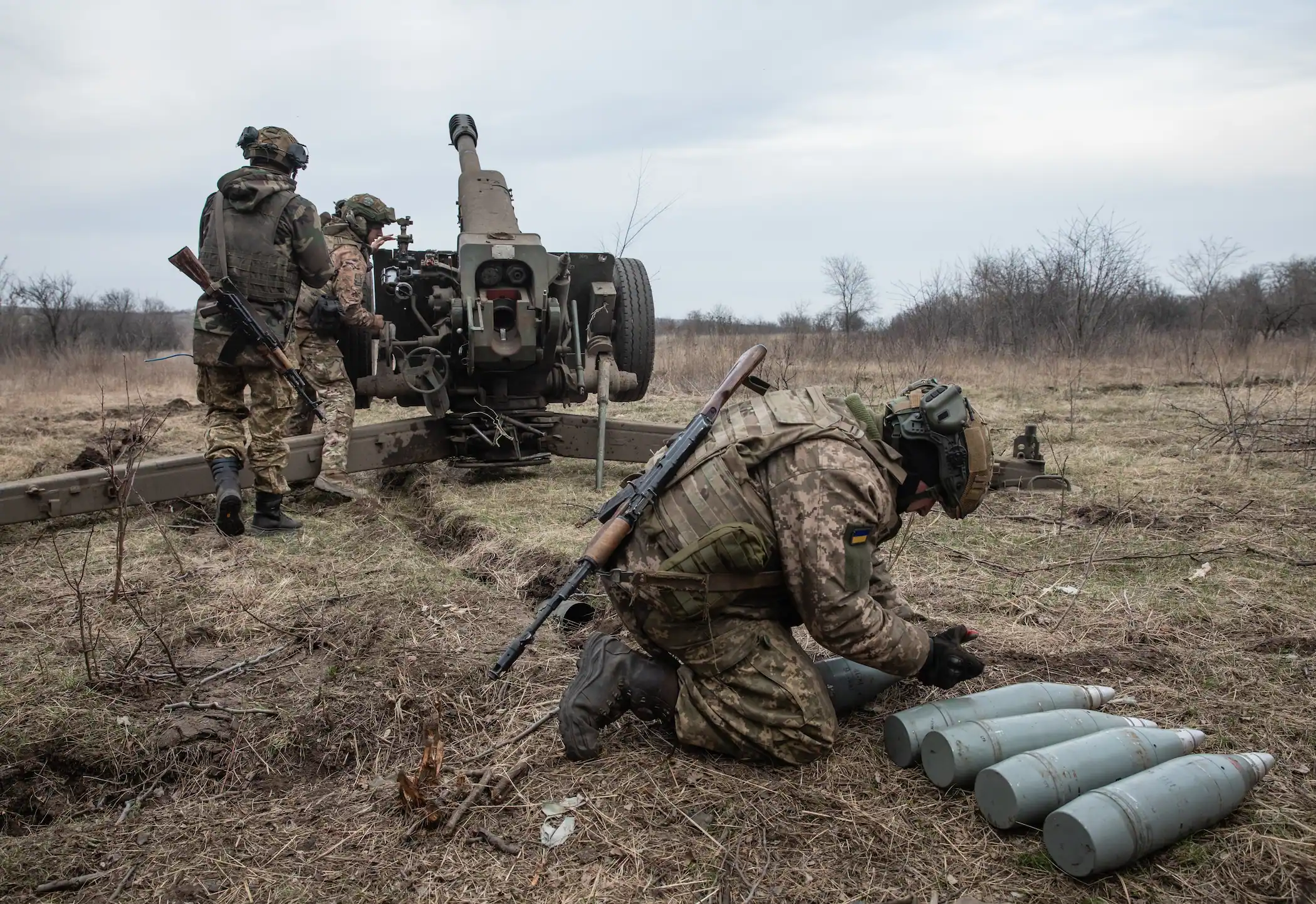

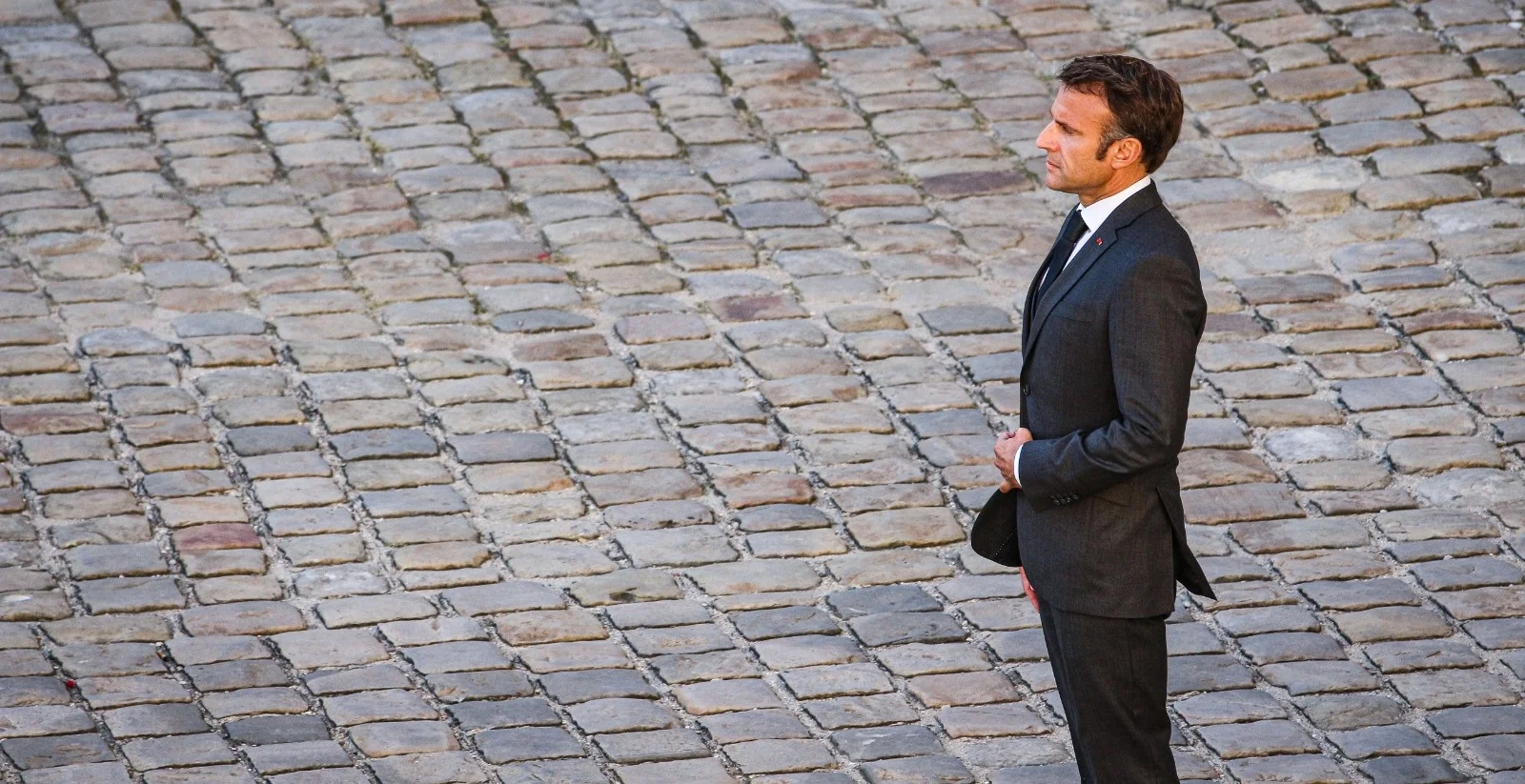
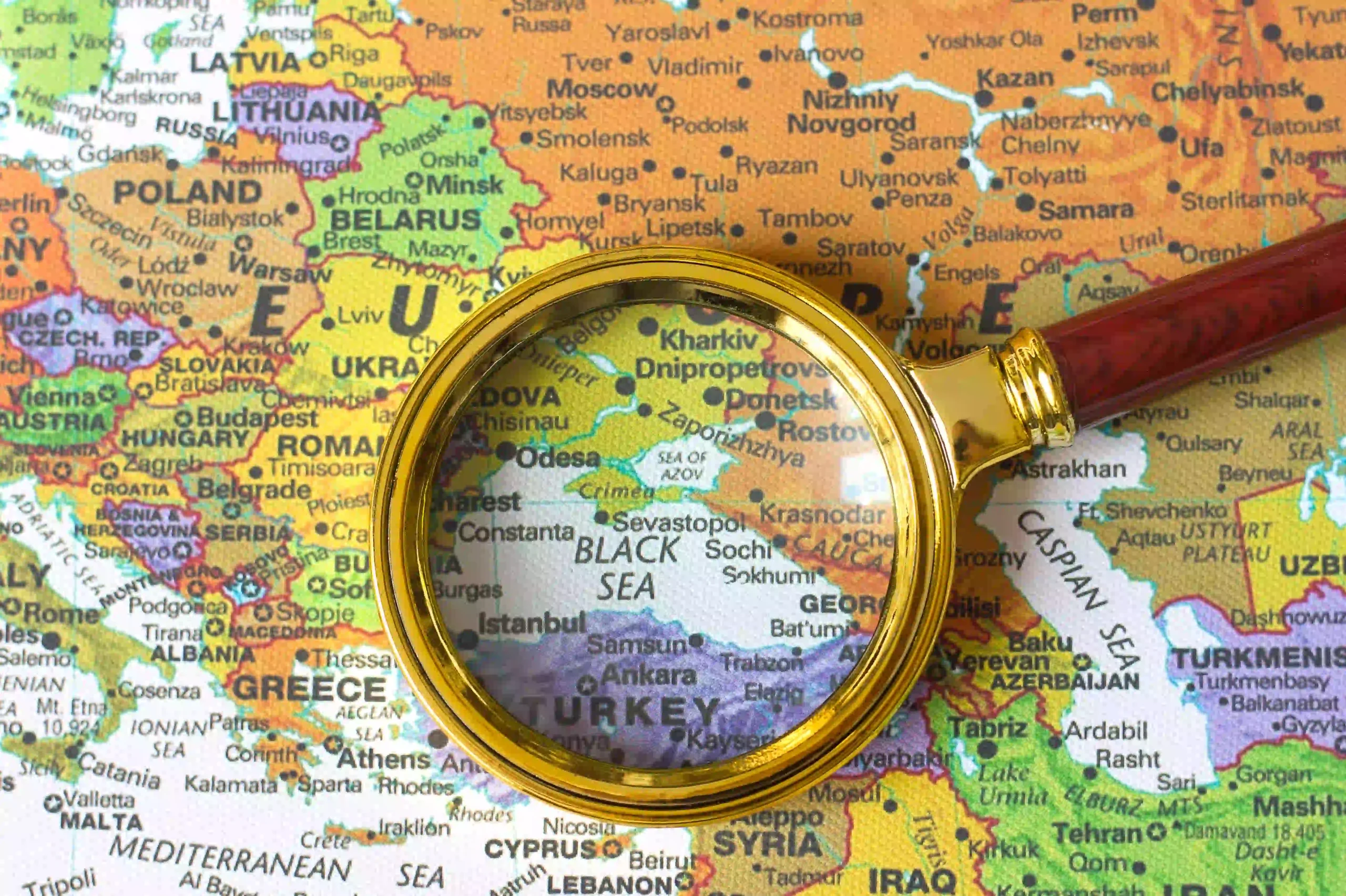
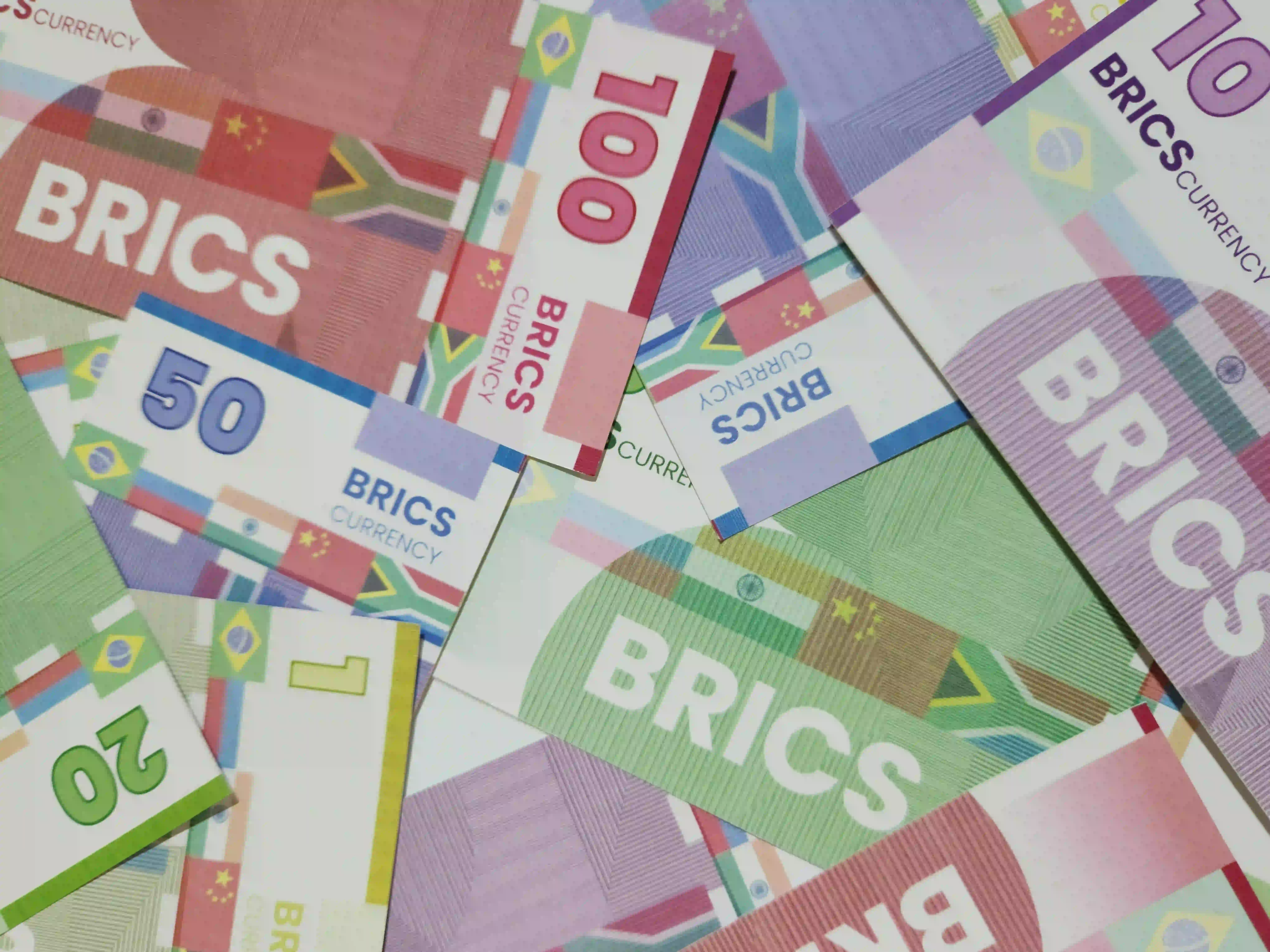
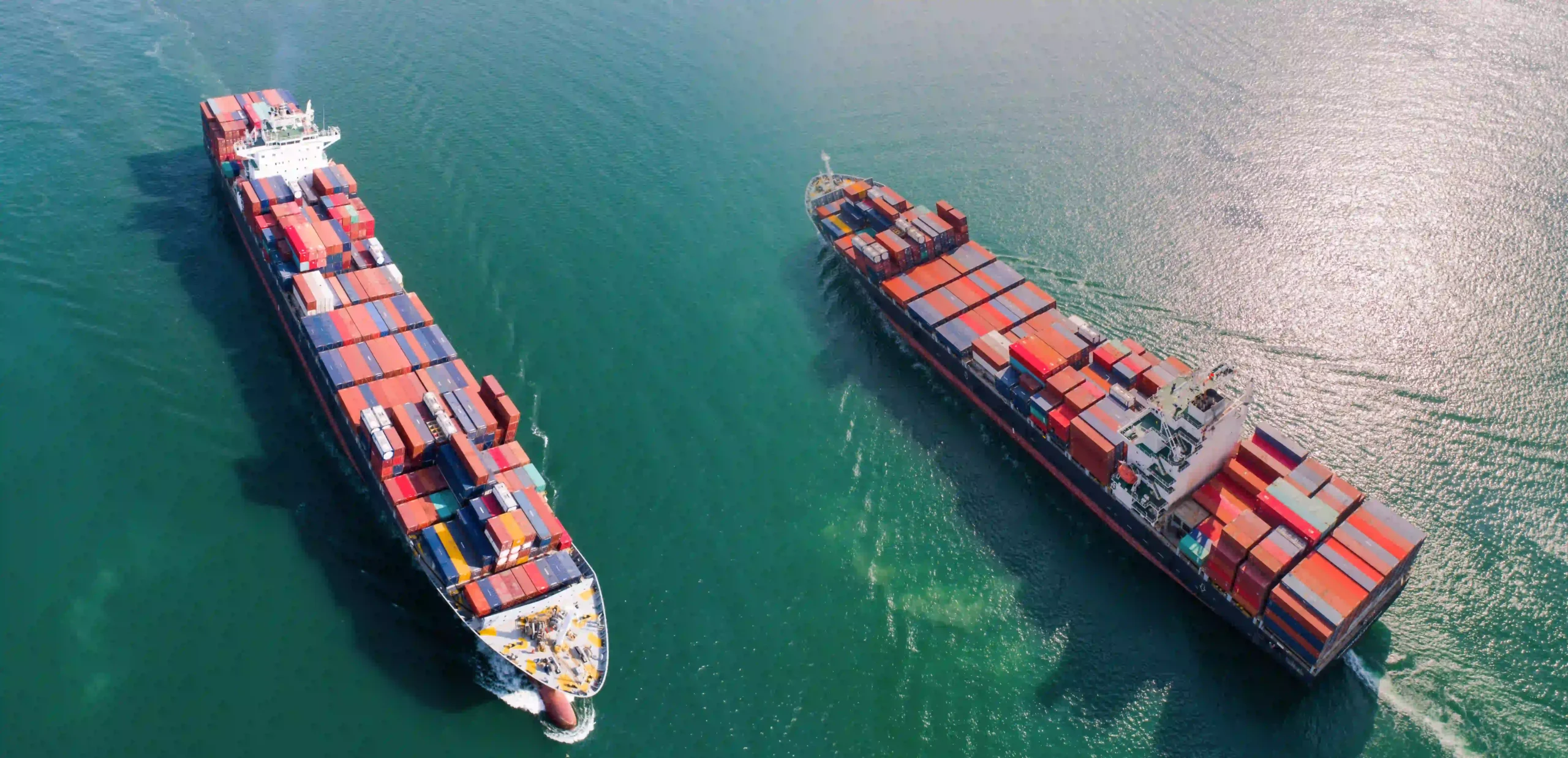

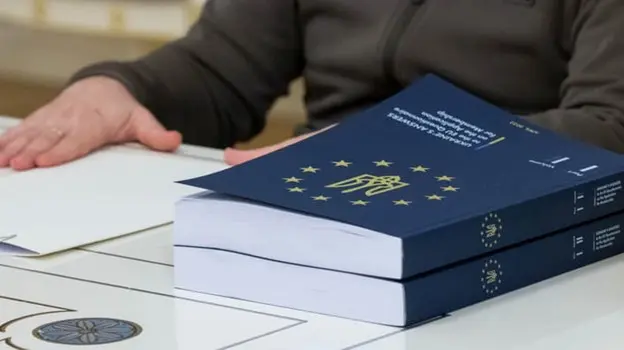
Comments